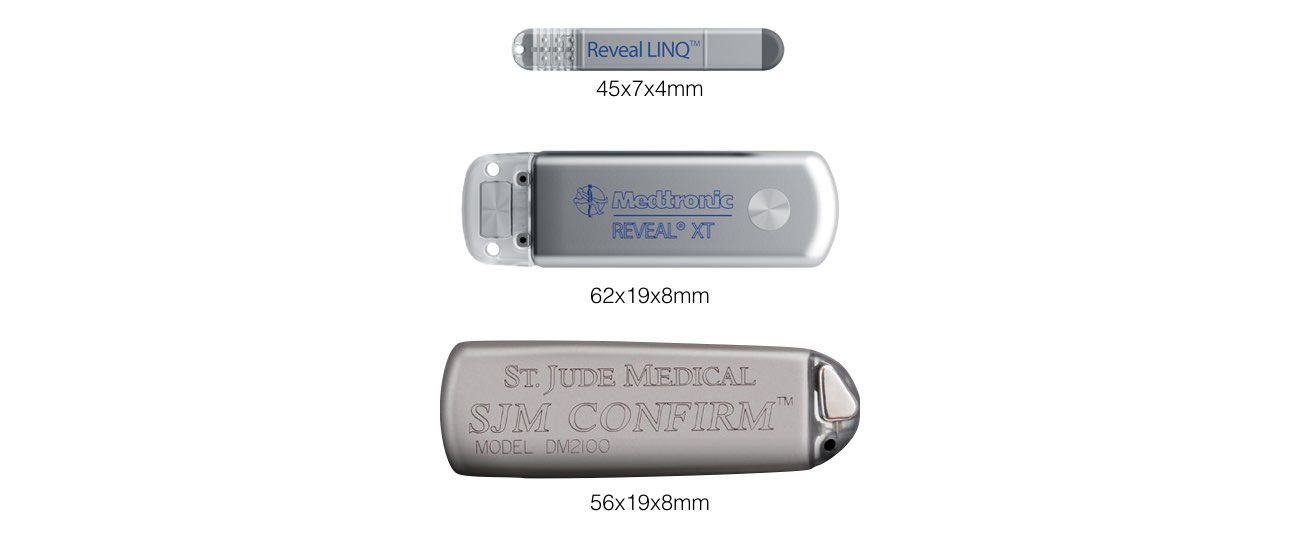

Your doctor will explain the risks to you before you agree to the procedure - and you’re also encouraged to discuss any questions or concerns with your medical team. There may be initial bruising where the ILR was implanted - particularly if you are taking blood-thinning medications. The Implantable Loop Recorder is a low-risk procedure, performed by a specialist heart doctor (electrophysiologist). Your doctor may recommend an implantable loop recorder if you are experiencing the following symptoms: The implantable loop recorder is a useful device which helps your doctor determine whether any symptoms you might be experiencing are related to heart disease. When you’re experiencing symptoms, you can capture and record your heart rate simply by placing a hand held ‘activator’ over the spot where the ILR has been inserted. The ILR device is inserted underneath your skin, on the left side of your chest. What happens after an ILR? What is an ILR?Īn Implantable Loop Recorder (also known as an ILR) is a small device, about the size of a USB stick, which constantly monitors your heartbeat. Heart Lung Clinic (Transplant Services)Īn Implantable Loop Recorder (ILR) is a small device which constantly monitors your heartbeat.For Aboriginal & Torres Strait Islander People."The Spirit of the Art" - a Journey to Heart Transplant.Community Learning about Rheumatic Heart Disease.After an Implantable Defibrillator "ICD".SVH Cardiac Rehabilitation Members Area.Septal Defect "Hole in the heart" Closures.Coronary Angioplasty & Stenting - "Stent".Cardiac Exercise Stress Test - "Cardiac Stress Test".Overview - Tests, Procedures & Treatments.Takotsubo Cardiomyopathy - "Broken Heart Syndrome".Spontaneous Coronary Artery Dissection or "SCAD".Coronary Artery Disease - "Heart Disease".We’ll help you get to the bottom of your heart issues and live a happier, healthier life. If you’ve been having trouble with fainting, dizziness, or other symptoms that may indicate arrhythmia, call Oklahoma Heart Hospital and set up an appointment. Your doctor may suggest implanting a pacemaker or other device, or there may be medications you can take to control the arrhythmia. If your ILR captures an arrhythmia, there are a variety of treatment options that may be available. What happens after a loop recorder is implanted? With their longer-term recording ability, ILRs allow for more intermittent problems to be diagnosed effectively. In those cases, a doctor may recommend the implantation of an ILR.

The basic tests like ECG, tilt-table, or a Holter monitor may not show anything conclusive. For patients with intermittent fainting episodes, there could be many different causes that are difficult to identify. ILRs are often used to get more conclusive results when other forms of testing fail. An ILR can start recording your heart rhythm automatically based on certain parameters, but a user can also trigger it manually if they feel symptoms. Unlike a Holter monitor or other monitoring devices, there are no wires or other external accessories, so you don’t have to worry about getting wet or not being able to keep up regular activity levels. It’s smaller than a key or a thumb drive, and it shouldn’t impede movement or daily life in any way once the incision heals.
#LOOP HEART MONITOR SKIN#
The procedure to implant a loop recorder involves a local anesthetic and a small incision to place the device just under the skin of the chest. It has a solid state memory and a 15- to 18-month battery life. Unlike a Holter monitor, though, it’s not designed to just work for a few days-it is implanted under your skin and can work for years. What is an implantable loop recorder?Īn implantable loop recorder, like a Holter monitor, is a device that records information about heart rhythms. If other tests like an in-office ECG and a Holter monitor haven’t identified a cause for your heart rhythm issues and your symptoms persist, a loop recorder may be the next step. If you’ve been dealing with fainting spells, dizziness, or other symptoms that may come from a heart arrhythmia, you might need an implantable loop recorder.


 0 kommentar(er)
0 kommentar(er)
